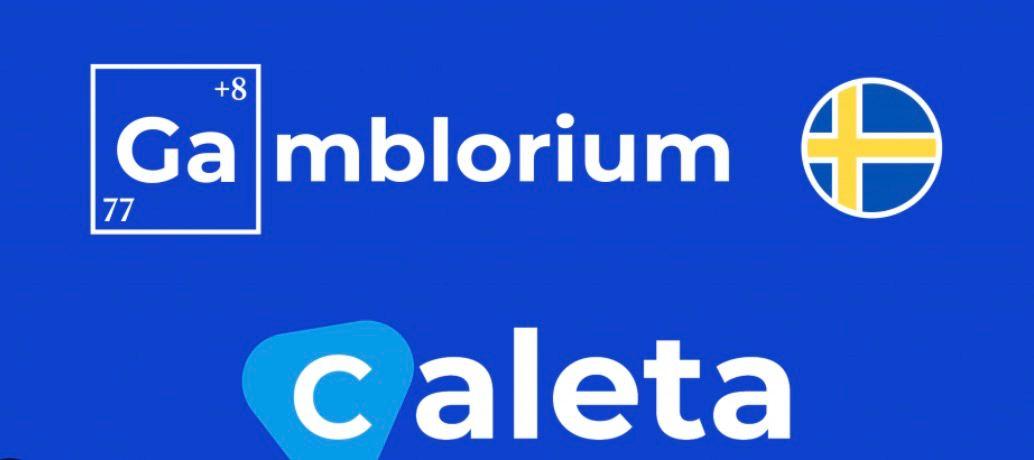Deciding on the best way to handle transactions—whether it's during an online checkout or at a physical storefront—can be overwhelming due to the plethora of available payment methods. Each choice, from tapping a credit card to initiating a mobile payment, comes equipped with unique advantages and potential drawbacks. In our fast-paced world where efficiency often overshadows other factors, it's essential to weigh not just the convenience but also the security and adaptability of each payment method to your personal or business needs.
Credit Cards: Balancing Ease with Caution
Credit cards are a fundamental part of everyday financial transactions, cherished for their universal acceptability and the flexibility of delayed payment. They offer robust security features and enticing rewards programs. However, they are also prone to risks like fraud, and the high interest rates can lead to significant debt if not managed properly.
To use credit cards wisely, leverage their benefits such as reward points and purchase protections while diligently clearing the balance each month to evade interest charges. Employ tools like fraud alerts and safeguard your card details to mitigate risks. For more insights on managing your financial options, consider visiting British Gamblorium.
Digital Wallets: The Rise of Mobile Payments
Digital wallets, including services like Google Wallet, Samsung Pay, and others, have transformed payment methodologies, enabling users to store payment details and make transactions swiftly via smartphones. Their convenience is particularly evident in online shopping and quick money transfers.
Despite the high level of security, such as encryption protocols and randomized transaction codes, digital wallets are not devoid of risks. Strong, unique passwords and the activation of two-factor authentication are essential for maintaining security. Regularly check your transaction logs to catch any unauthorized activities early.
Cryptocurrencies: Venturing into Digital Currency
Cryptocurrencies, utilizing decentralized blockchain technology, provide a unique way to manage payments. They promise anonymity and reduced processing fees, and are especially beneficial for international payments without the hassles of currency conversion.
However, the price volatility of cryptocurrencies like Bitcoin can impact transactional values unexpectedly. The evolving regulatory framework also introduces a level of uncertainty. Prior to using cryptocurrencies for transactions, it is crucial to fully grasp both the potential risks and advantages.
Bank Transfers: The Reliable Method
Bank transfers are a tried and true payment method, ideal for significant transactions such as property purchases or educational fees. This method is direct and often involves fewer intermediaries, potentially reducing transaction fees.
The primary drawback is the processing time, particularly for international transfers, and the necessity for both parties to have bank accounts. For quicker and cheaper bank transfers, utilize online banking services that offer enhanced features over traditional methods.
Conclusion
Selecting an appropriate payment method requires a balance of convenience, security, and cost-effectiveness. Whether you choose the ease of a credit card, the tech-savvy approach of digital wallets, the innovative nature of cryptocurrencies, or the reliability of bank transfers, make your choice with comprehensive knowledge of each method's implications. Assess your financial circumstances and transaction requirements carefully to pick the most suitable option.
By being well-informed and cautious, you can skillfully navigate the diverse landscape of modern payment technologies, ensuring that your financial dealings are as secure as they are efficient.
